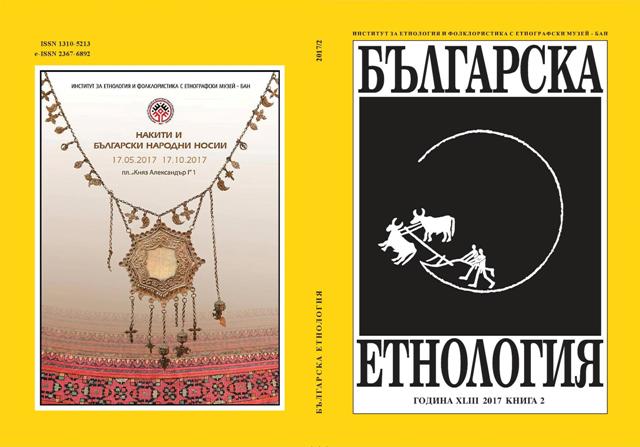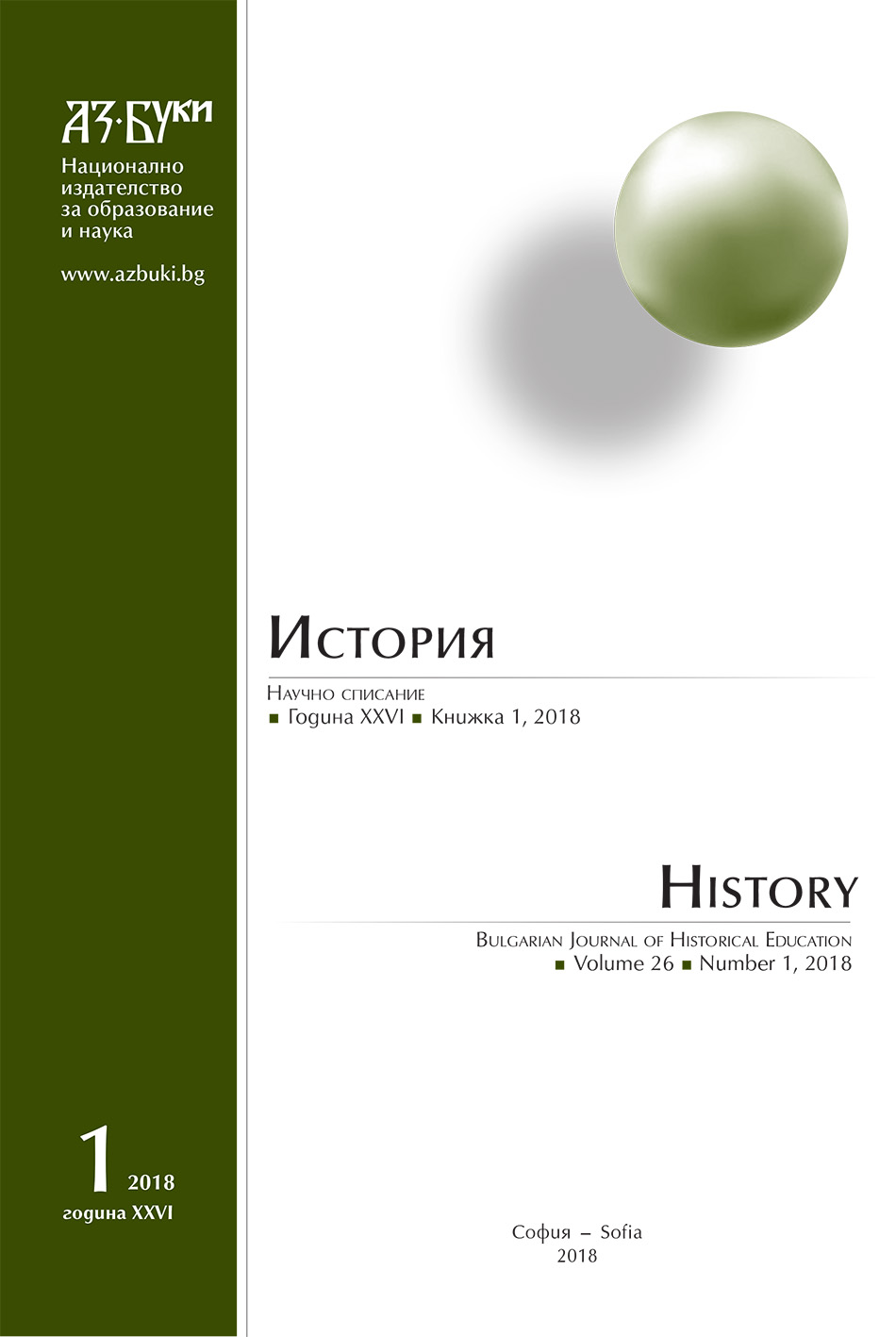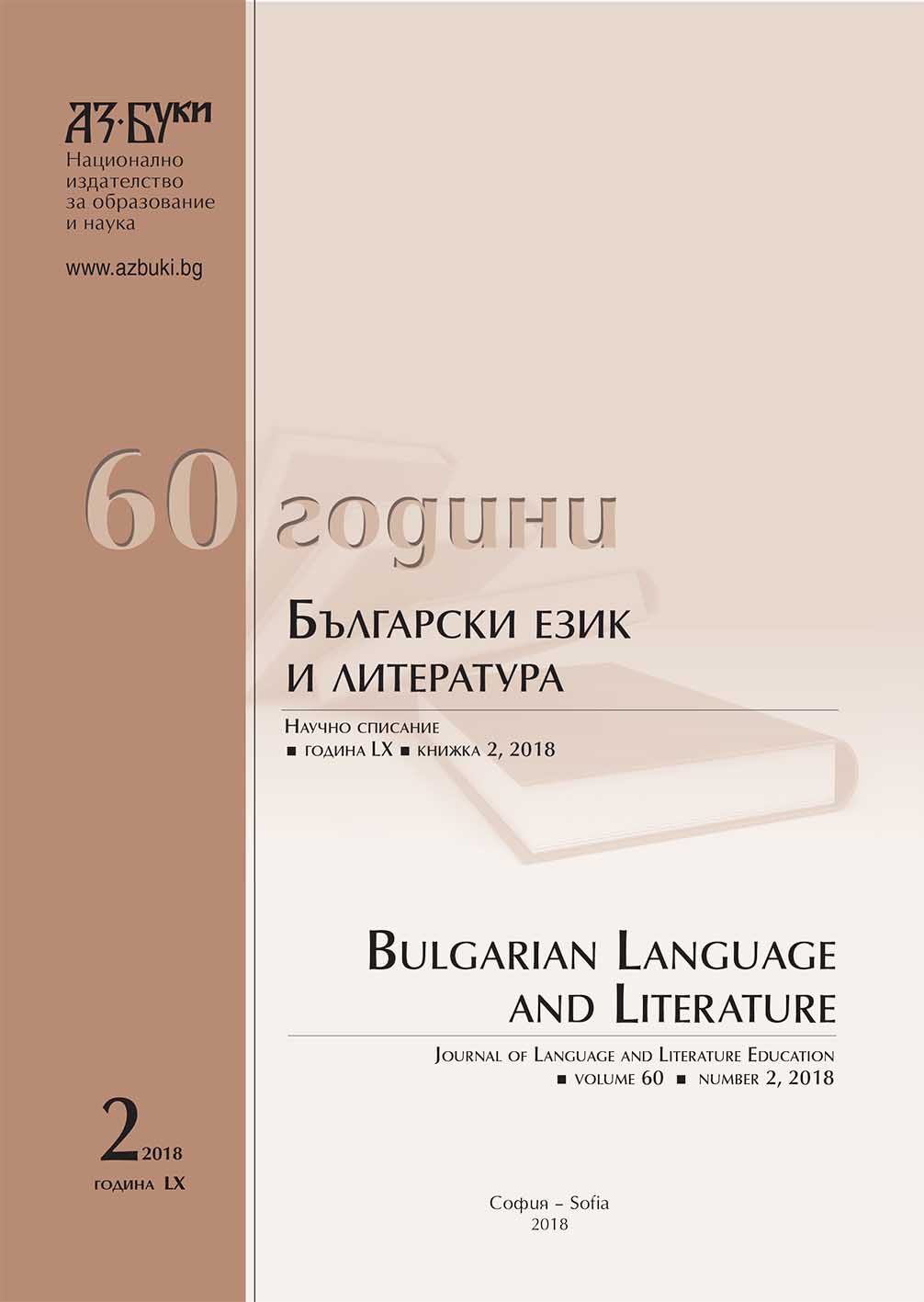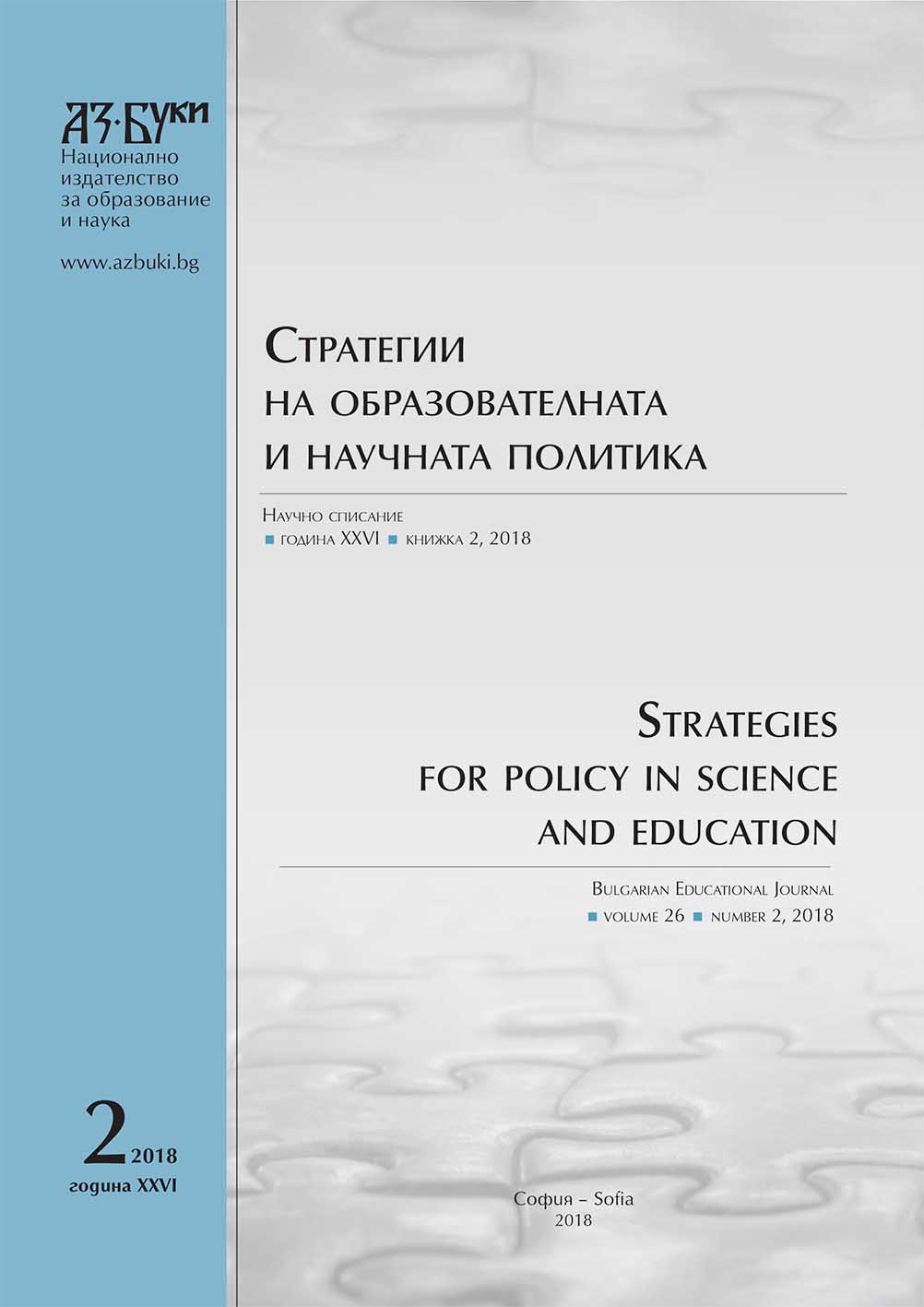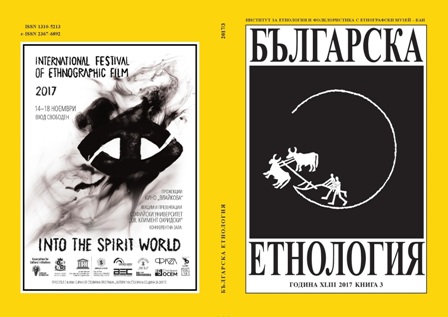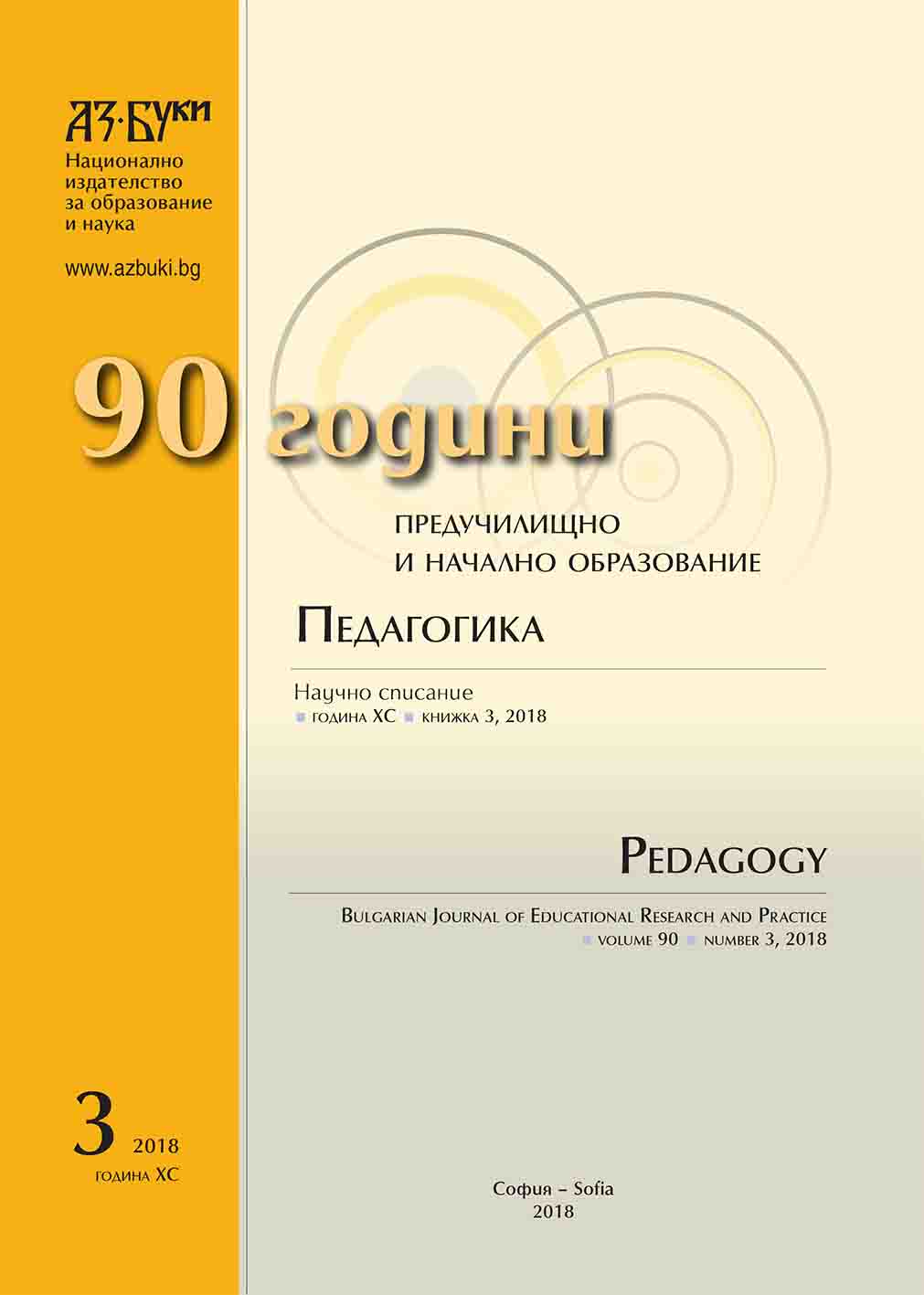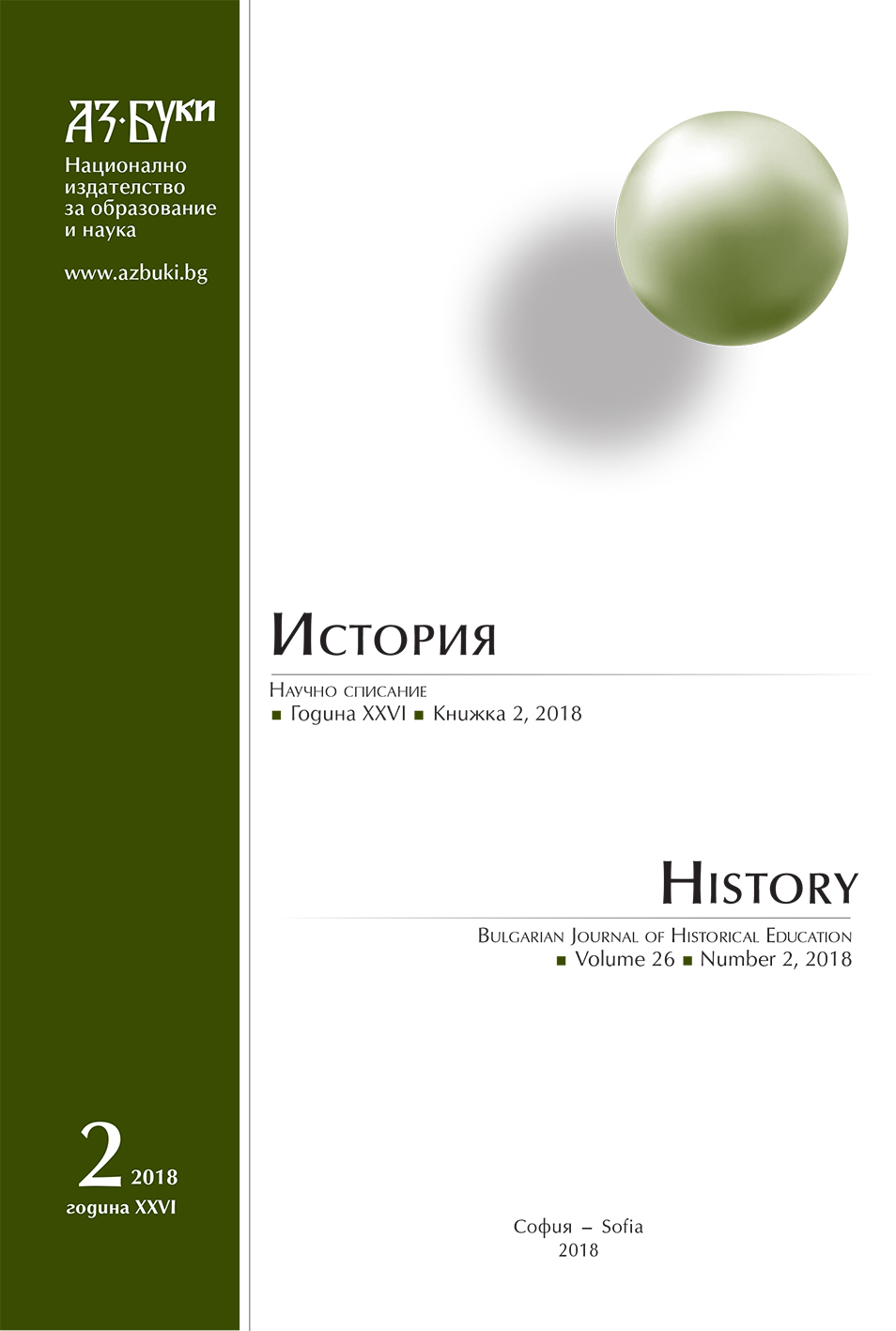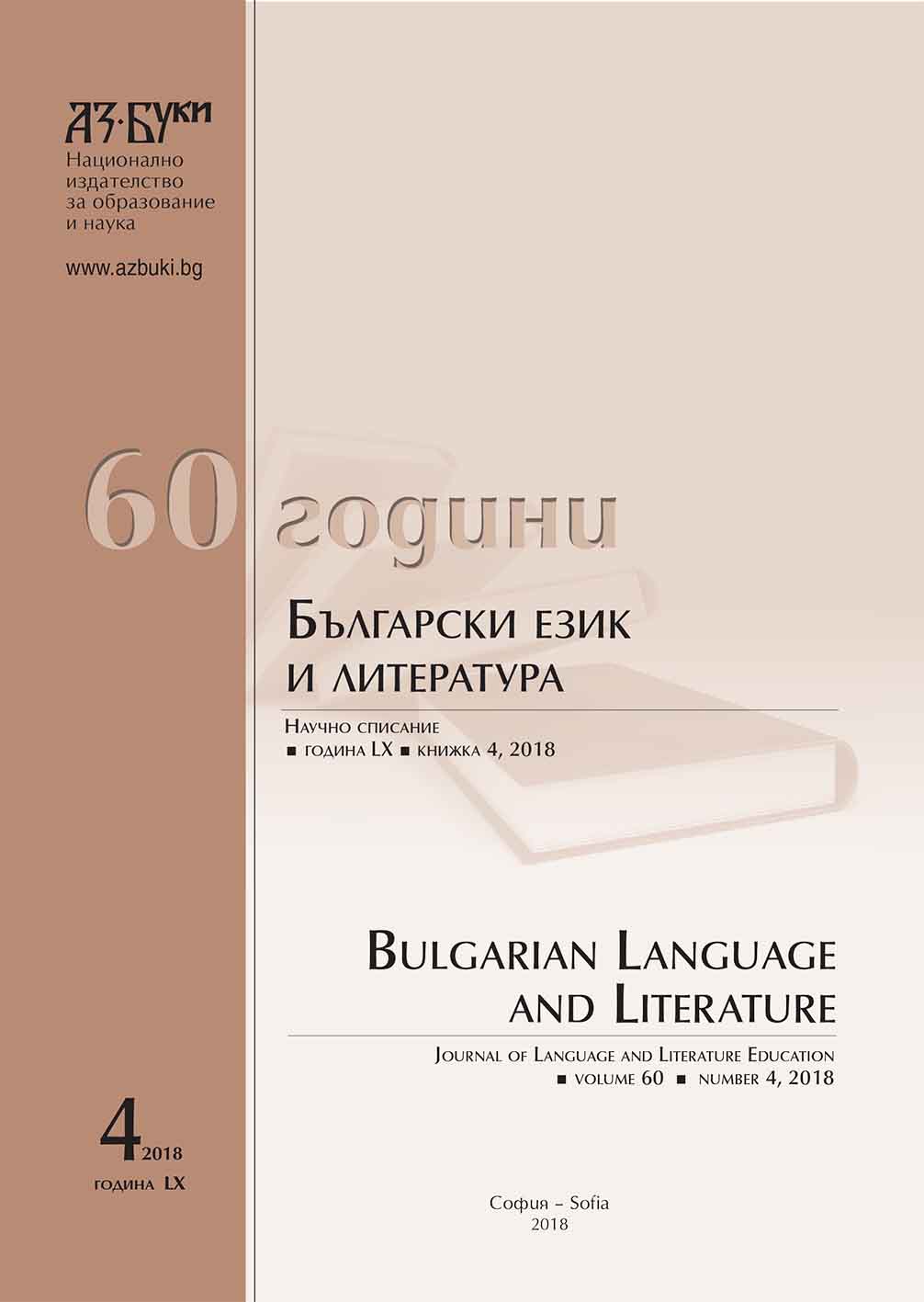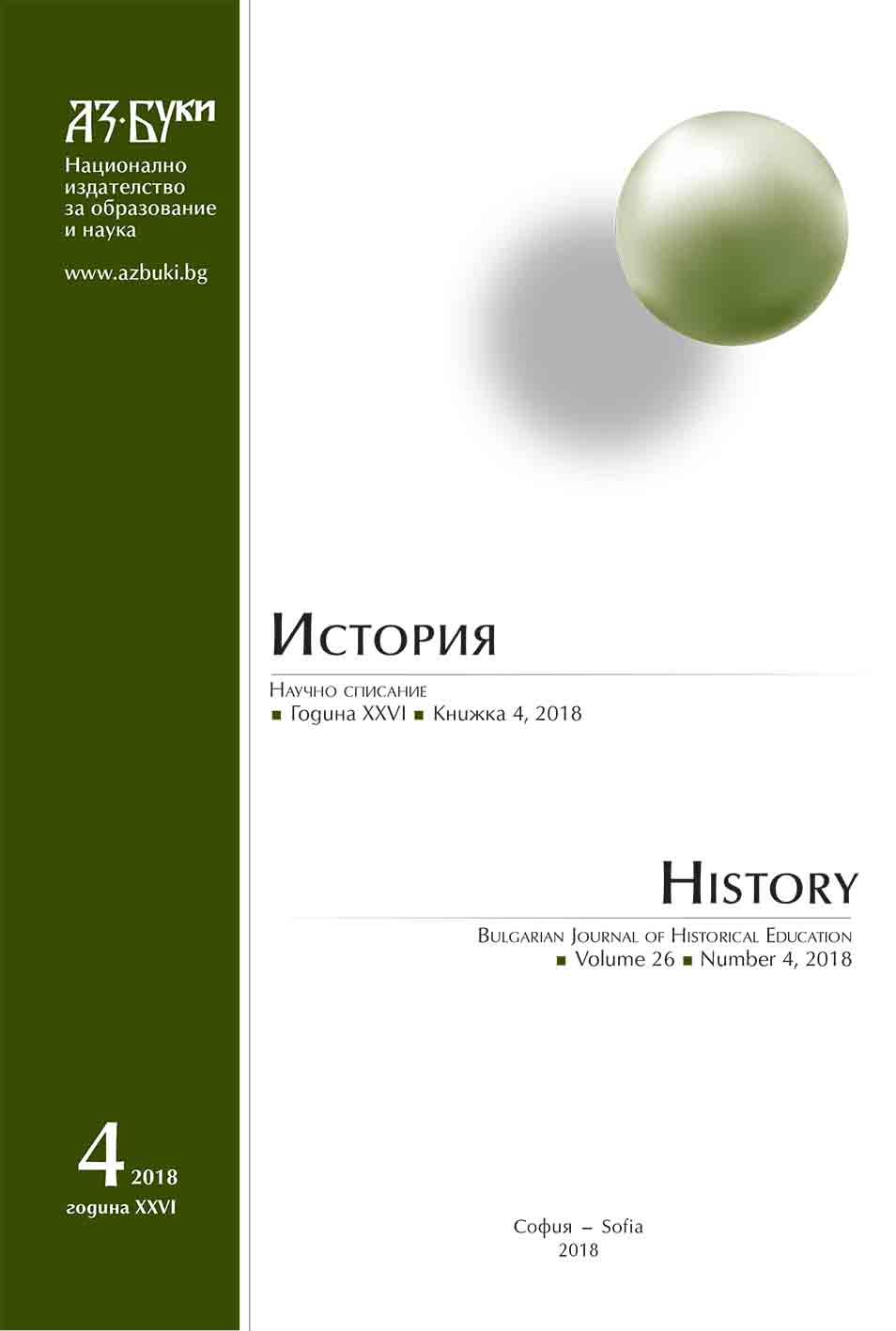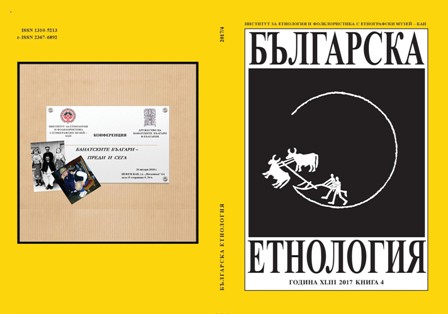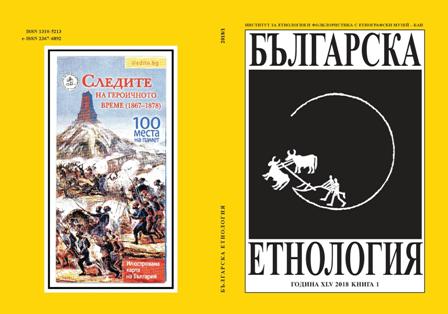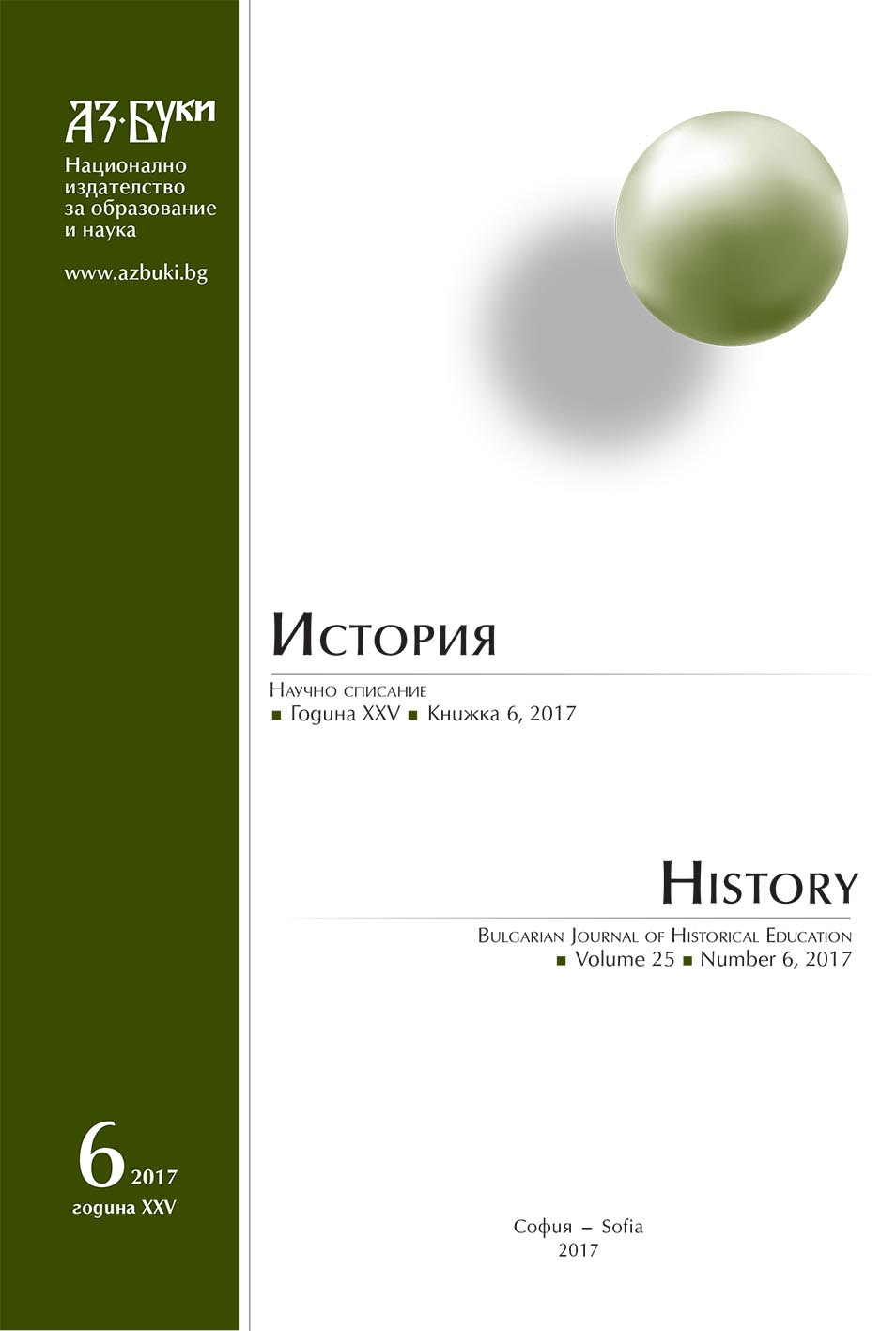
Патрони и клиенти. Български примери и балкански паралели от края на XIX и началото на XX век
Although belonging to the corporate tradition of the Ottoman Empire, the relationship between patrons and clients continue to play a role in modern Balkan countries. This article presents and analyzes examples of this vertical type of social networks in order to explain some peculiarities of the way in which Bulgarian politics operates in the late nineteenth century.
More...
